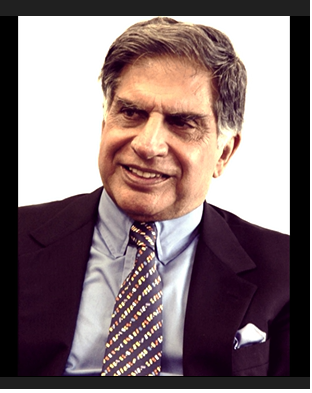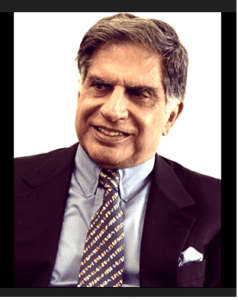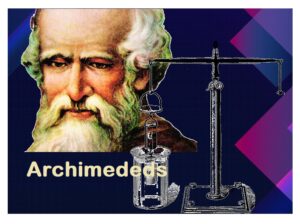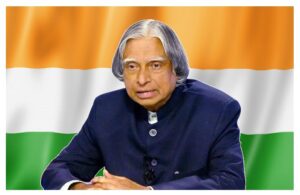Ratan Tata a prominent an Industrialist in Bharat (INDIA)


Ratan Tata , a prominent Indian industrialist and philanthropist , is a visionary leader who has left an indelible mark on the landscape of Indian business . Born on 28 December 1937 in Bombay (New Mumbai) , Ratan Tata hails from the illustrious Tata family , a name synonymous with industrial prowess and social responsibility.
Ratan Tata’s early years were marked by a strong educational foundation. He pursued his higher education at Cornell University , where he earned a degree in architecture and structural engineering. Furthering his studies , he also completed an advanced management program from Harvard Business School. This diverse educational background equipped him with a unique blend of technical and managerial skills.
Ratan Tata’s journey in the corporate world began within the Tata Group , one of India’s oldest and largest conglomerates . Despite being born into a business family , he embarked on a path of self-discovery and strove to establish his identity within the corporate . His career trajectory within the Tata Group showcased a relentless pursuit of excellence and innovation.
In 1991, Ratan Tata took over as the Chairman of the Tata Group, a position he held until his retirement in 2012. Under his leadership, the group witnessed unprecedented growth. He spearheaded several key initiatives , including the acquisition of global brands such as Jaguar -Land -Rover , transforming the Tata Group into a global powerhouse.
Ratan Tata’s leadership style is characterized by a forward-thinking approach, strategic vision and a commitment to ethical business practices . He has been a strong advocate for corporate social responsibility, emphasizing the need for businesses to contribute positively to society . The Tata Group became known not only for its business but also for its philanthropic endeavors.


One of the defining moments of Ratan Tata’s career was the launch of the Tata Nano , created as the world’s cheapest car. Despite facing challenges and criticism , Tata’s determination to create an affordable and safe vehicle for the masses showcased his resilience and commitment to innovation.
Post-retirement , Ratan Tata continued to be actively involved in various philanthropic activities. The Tata Trusts, under his guidance , have played a significant role in initiatives related to education, healthcare and rural development , impacting the lives of millions.
Ratan Tata’s contributions to Indian business and society have been widely recognized . He has received numerous awards and honors , including the Padma Bhushan and Padma Vibhushan , two of India’s highest civilian honors . His legacy is not just confined to corporate boardrooms but extends to the broader canvas of nation-building and social upliftmen t . Ratan Tata’s life is a testament t to the idea that visionary leadershi0p , coupled with a strong sense of purpose , can bring about transformative change in both business and society.
Ratan Tata is one of the most respected business leaders in India and around the world. He played a key role in transforming the Tata Group into a global powerhouse, making it one of India’s largest and most successful companies. Ratan Tata’s leadership was marked by his vision, commitment to ethics, and focus on making a positive impact on society.
Born into the famous Tata family, Ratan Tata was always encouraged to think big. He studied at Cornell University in the U.S. and later completed a management program at Harvard Business School. These experiences gave him both technical and business skills, which helped him lead the Tata Group in the future.
Ratan Tata became the Chairman of the Tata Group in 1991, at a time when India was opening up to the world and changing its economy. Under his leadership, the Tata Group grew in size and reputation. He led important acquisitions like the purchase of Jaguar Land Rover and Tetley Tea, which helped the company become more international.
One of his most famous projects was the Tata Nano, which aimed to create the world’s cheapest car. Although the Nano faced challenges, it showed Ratan Tata’s commitment to providing affordable products for the common people.
What made Ratan Tata stand out was his strong sense of ethics and responsibility. He believed that businesses should not only aim for profits but also contribute positively to society. Under his leadership, Tata Group focused a lot on social work, especially through the Tata Trusts, which support education, healthcare, and rural development across India.
Even after retiring in 2012, Ratan Tata continued to influence businesses and give back to society. He supports young entrepreneurs and is involved in various charitable activities. His life shows that it is possible to be a successful businessman while caring about people and the world.
Ratan Tata’s legacy is one of honesty, hard work, and making a difference. He remains a role model for many, proving that leadership is not just about success in business but also about making a positive impact on the world.






